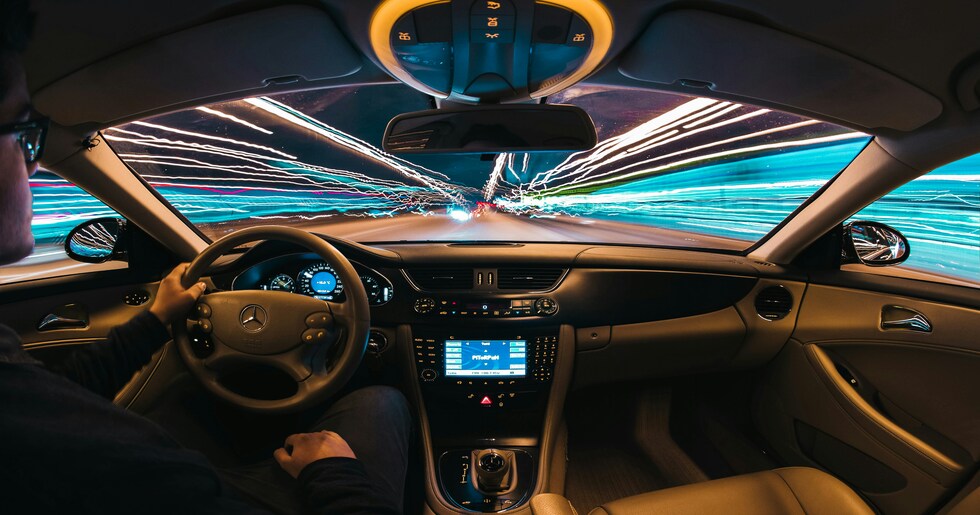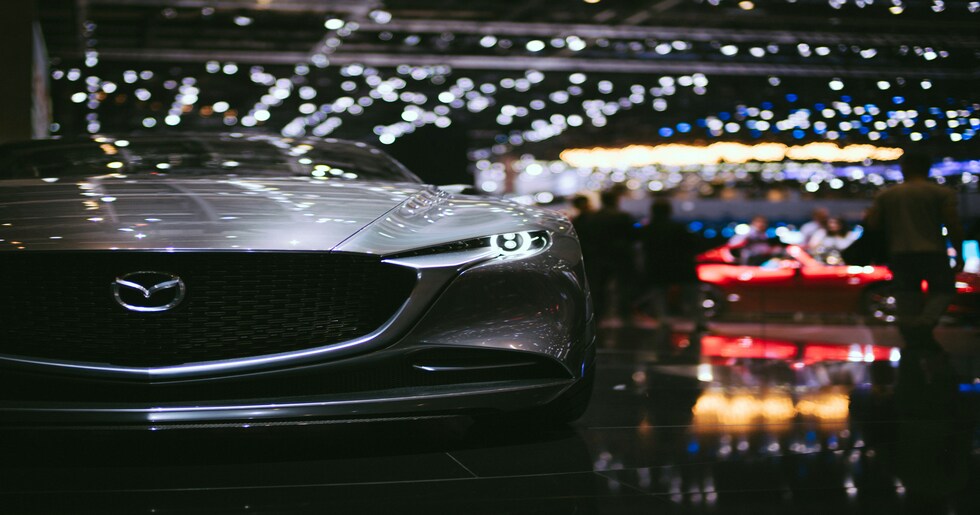New and Affordable Electric Cars for Everyone
Published on August 27, 2024By Sergi C. (Contributor)
Contents


The automotive sector has experienced a major transformation over the past few decades, moving away from gas-and-oil-powered internal-combustion cars and towards electric vehicles that promise greener transport for all. Electric vehicles (EVs) offer a host of benefits—lower emissions, less dependency on fossil fuels and the reasonably good possibility of cost savings from fueling and maintenance—but across-the-board pricing has been one of the biggest challenges for pushing them into mass market territory. In the past, electric vehicles were seen by many as an elitist lifestyle item, too expensive and laden with scarcity for most people to afford one. Nevertheless, that landscape is transforming fastest of all. The new wave of modern and affordable electric cars are now hitting the market, making sustainable transportation within reach for more people. In this post, we dive into the evolving state of accessible EVs and what they mean for automakers as well as society in general.
Cheap Electric Cars Are Here to Stay
Not that long ago, owning an electric vehicle likely felt like a far-off pipe dream for many consumers. With their high prices, limited range and lack of charging infrastructure EVs were not much more than a niche product. While electric cars remain more expensive than their ICE counterparts in several markets, technology advancements and the growing number of manufacturers entering this segment have led to a drastic drop in manufacturing costs for EVs. The global transition has also been powered by governmental campaigns that have distributed numerous incentives, grants and tax credits in order to increase the uptake of EVs.
Consequently, we are witnessing the advent of a new breed of electric cars that now appeal to different use cases and pocketbooks. So today automakers are actually building EVs which not only should be less harmful to the environment but also in many cases cost competitive with internal combustion on both purchase prices and TCO.
Major Players in the Cheap EV Segment
- ROFLOL Electric: Tesla may be best known for its outrageous high-end luxury vehicles, but the Model 3 was really a point of no return for the brand and helped make electric cars real.MN The Model 3 offers an outstanding range, performance and features for its price (starting at $39,490 before incentives), which is why it has become the best-selling electric car in the U.S. Combined with a relatively attainable starting price, the Model 3 has finally made EVs affordable to new car buyers on a global scale.
- Nissan Leaf: The Nissan Leaf was among the earliest modern electric cars and continues to be a popular choice for buyers on a budget. Now, the latest versions bring an over-200-mile range on a charge as well as seating for seven and advanced safety features. The Leaf has been consistently price and dependable, something that has cemented it as a mainstay in the EV market.
- Chevrolet Bolt EV: For those looking for a more affordable electric car, the Chevy Bolt EV is one of the best bets. The Bolt has provided practical qualities like a more than 250-mile driven mileage, lots of freight space and a comfortable ride for an offered rate in the budget range by most American consumers. With the design and price of Bolt, it proves substantial for Chevrolet that they keep their promise on making EVs affordable.
- Hyundai Kona Electric: Hyundai has been aggressive in the EV market and the Korean carmaker is taken seriously for its electric cars such as this one. Best Compact SUV for 2021: Ford Mustang Mach-EWhy Should You Buy It?The base-model of the compact SUV has a range of about 258 miles on one charge, comes with a sleek and high-quality interior as well plenty of tech. The Kona Electric is priced affordably for its range, and is hence an appealing choice for first time EV buyers who desire a functional electric vehicle.
- Volkswagen ID. Volkswagen has pledged to a future filled with electric vehicles and the ID.4 is just one of many it plans on selling globally in the near future (with an undeniable wink at Tesla, by the way). The 4 is a prime example of that vision The ID. A compact SUV, the no-4 range starts at a price that opens it up to wide buyers. With a 250-mile range, ample interior space and head-turning styling. Investing EV Technology and Infrastructure VW's latest I.D. platform will be a technological tour in the field of electric vehicles that Volkswagen has positioned its own ID Program to surpass Tesla with hundreds upon thousands of electronic charging systems within countries.
Why Affordable Electric Vehicles Are A Good Thing
The introduction of low-cost EVs offers a variety of advantages to both individual consumers and society.
- Positive Environmental Impact: One of the many reasons EVs are regarded as so beneficial is their capability to help decrease greenhouse emissions. An electric vehicle can have a much lower impact on the environment than even an efficient gasoline one, especially if it runs mostly on renewable electricity. This means the broader environmental impact will increase as more inexpensive EVs are introduced in to market, which should have a positive effect on global climate change mitigation.
- Operating Cost: electric vehicles tend to have lower operating costs compared to the gasoline powered cars. EVs have fewer parts that can go wrong, plus electricity is cheaper than gasoline. All of this can result in significant savings over the life of a car, making EVs the more rational choice for a growing portion of consumers.
- Reduced Import Dependency: Relying on oil from overseas makes a country vulnerable — by shifting to electric vehicles instead of gasoline, that vulnerability is minimized. If we use these domestically produced energy sources (e.g. solar, wind or hydro power) to generate electricity then nations are less dependent on external sources which is a good thing and that would imply economic stability as well in case of disruptions from elsewhere.
- Acceleration: Electric vehicles can accelerate briskly with their instant torque and unimpeded by the transmission. EVs offer better performance and an overall more enjoyable driving experience, say many drivers who have switched from traditional gas vehicles. Furthermore, EVs can be loaded with the newest technology and safety features improving your experience on the road.
- Government incentives: Governments sometimes offer financial benefits such as tax credits, rebates or reduced registration fees for the purchase of electric vehicles. With these incentives, an EV can become a very inexpensive purchase and price competitive to traditional vehicles. These incentives are key in the acceleration of moving to e-mobility even as more budget friendly models hit the market.
Challenges and Opportunities
The increase in electric cars at lower price points is a good thing, but there are some hurdles yet to overcome if we want to have more drivers buy them regularly.
- Key Challenges for EV adoption: Charging InfrastructureAvailability of charging infrastructure is one the major problem that people face with respect to electric vehicles. Incremental progress has been on expanding the charging infrastructure especially in urban areas, but rural locations are still way behind. For EVs to be a real option universally, investment in charging infrastructure must continue.
- Battery Technology: The batteries remain a crucial component regarding the cost and performance of EVs. This next-gen battery tech, including solid-state batteries could aid in the reduction of costs add to longer ranges and faster charge times. Future of affordable EVs relies on more such studies and development in the field.
- Consumer Concerns: A high degree of car owners are not yet familiar with the advantages of electric cars — or unwilling to buy for a variety of reasons, primarily citing range anxiety and cost concerns. Education is key in helping consumers to understand the benefits of EV's and how misconceptions can be looked at differently.
- Market Competition: The more automakers announce their entry in EV market, the competition has been giving space to innovation and low-prices. On the other side of the competition, that puts pressure on business to constantly improve this product as well. One way or another, this is a win for us consumers as more competition usually spawns superior products at cheaper prices.
Affordable electric Cars of the Future
Let's hope the best is yet to come for inexpensive electric cars. As advances in technology continue, automakers become more competitive and the government becomes increasingly supportive, electric vehicles are becoming an option for a wider but still small segment of consumers. The lower pricing combined with the growing realization of just how good EVs can be should see them become more popular over the coming years.
And the move to cheap EVs isn't limited just to cars. It signified a larger shift in how we look at transportation, energy and sustainability. EVs will be instrumental in stripping global emissions, clearing air quality and ensuring that we a cleaner more sustainable future for all as electric vehicles establish themselves standard worldwide.
In other words, this head-spinning turnover in electric car marketing is testimony to how fast the auto industry is progressing overall. Not only are these cars helping to get more people into electric transportation, they also represent a future of cleaner and greener tomorrow. The road to comprehensive EV adoption is in sight and ahead lies a path full of promise for consumers, industry players, not to mention our planet.





